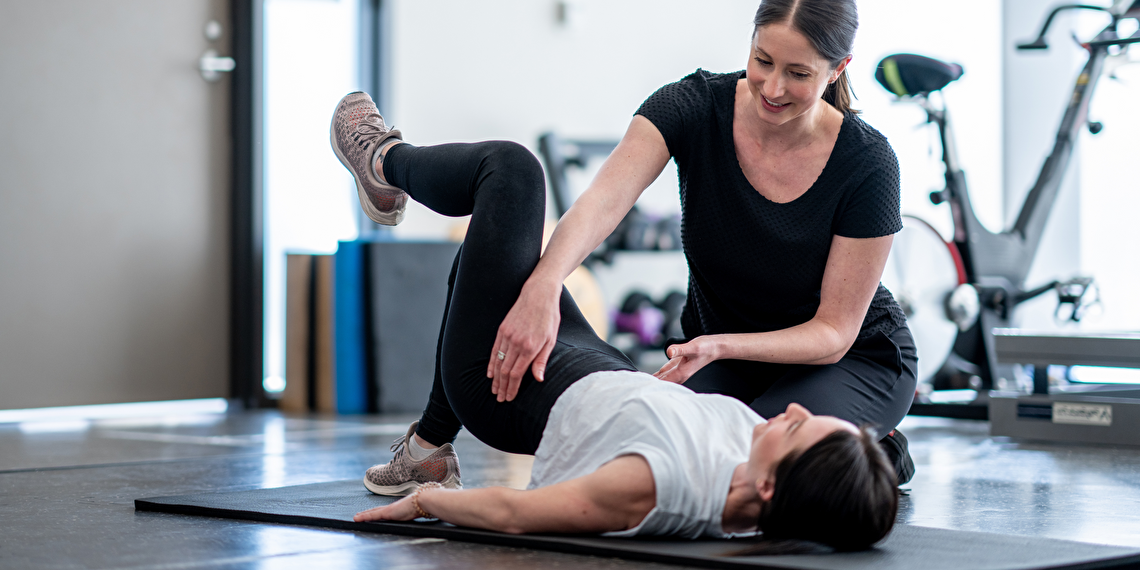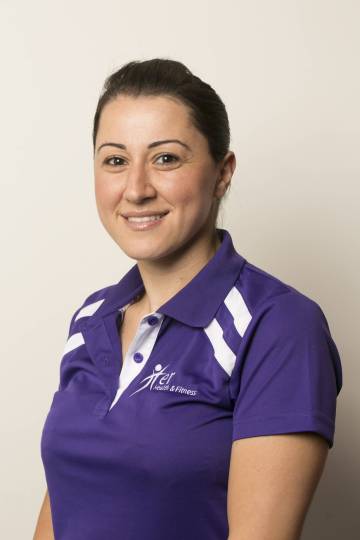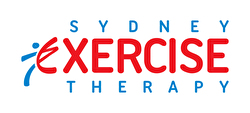EXERCISE PHYSIOLOGY SERVICES
What is an Accredited Exercise Physiologist (AEPs)
Accredited Exercise Physiologists (AEPs) are recognised allied health professionals with extensive expertise in health, exercise, and sports science. In Australia, they must meet strict accreditation standards set by Exercise and Sports Science Australia (ESSA). To become accredited, AEPs complete a four-year university degree, which includes studying medical sciences such as anatomy, neuroscience, and physiology. Their practice covers a wide range, from rehabilitation after stroke or cardiac surgery to enhancing athletic performance through biomechanics optimization and injury prevention. AEPs are also trained to work with children of all ages, helping them with coordination, fitness, rehabilitation, or sports performance.
A key component of Exercise Physiology is the development of specialized exercise programs tailored to individuals. These programs typically include exercise supervision, guidance, and support, with a strong emphasis on promoting long-term lifestyle changes. AEPs work in close collaboration with doctors, specialists, orthopedic surgeons, and other allied health professionals such as sports dietitians to ensure the best outcomes for patients and athletes.


Who Can Benefit from an Exercise Physiologist?
Anyone with the following goals may benefit from working with an Exercise Physiologist:
- Weight loss
- Muscle gain
- Injury rehabilitation (e.g., low back pain)
- Post-surgery rehabilitation
- Technique improvement for sports
- Injury prevention programs
- Rehabilitation after Parkinson’s or stroke
- Individualized exercise programs tailored to personal goals
- Performance training
- Managing chronic conditions (e.g., diabetes, osteoporosis, high blood pressure)
What to Expect from Your Exercise Physiologist
Your Exercise Physiologist will:
- Conduct an initial assessment of your health status and exercise history.
- Explain how exercise therapy will help manage or improve your condition and enhance your quality of life.
- Discuss your health and fitness goals, and develop strategies to achieve them.
- Perform a physical assessment to evaluate your current abilities, enabling them to create a personalized program.
- Provide detailed instructions on completing your exercise program with proper technique.
- Send written reports to your doctor and other relevant health professionals as needed.
- Offer ongoing assessments to monitor your progress and adjust your program as necessary.
- For athletes, provide performance markers, regular feedback, and collaborate with coaches when appropriate.
- For weight management, track your progress with measures such as skinfolds and fitness tests to provide a clear outline of your improvements.
How Much Does it Cost?
The cost of AEP services varies, but several subsidies are available through Medicare Australia and the Department of Veterans’ Affairs.
Many private health funds also offer rebates. For more details, consult your GP or private health insurer.
Services can also be covered by NDIS if you are eligible. We are a registered provider for Exercise Physiology Services.
What Should You Wear?
AEP sessions involve personalized exercises, so it's essential to wear something comfortable for physical activity. Suitable shoes, such as joggers, are also recommended.
For more information on how an Exercise Physiologist can help you achieve your goals, feel free to contact our friendly reception staff today!




CLINICAL PILATES
What is the Difference Between Pilates and Clinical Pilates?
What is Clinical Pilates?
Clinical Pilates is a specialised form of Pilates designed to meet individual needs in a safe and effective way. It is used by exercise physiologists to treat various conditions, including low back pain, chronic pain, hypermobility, and chronic fatigue syndrome. Elite athletes and dancers also benefit from Clinical Pilates to refine movement patterns, enhance fitness, improve performance, and prevent injury. By focusing on your body’s specific movement preferences, Clinical Pilates promotes mobility, stability, balance, posture, and overall functionality.
This form of Pilates is suitable for all ages and allows individuals to progress through stages of exercises that build strength, control, and aid in healing.
Differences Between Regular and Clinical Pilates
There are key distinctions between regular Pilates and Clinical Pilates.
- Regular Pilates is typically taught by a Pilates instructor.
- Clinical Pilates is prescribed and supervised by our on-site Exercise Physiologists (E.P.), professionals with in-depth knowledge of injury, pathology, bodily function, and movement patterns. This expertise is essential, especially if you have a history of injury such as low back pain, osteoporosis, or if you're an athlete recovering from surgery. An exercise physiologist can tailor exercises to your specific needs, ensuring you avoid further harm.
While Pilates can improve fitness, performing exercises without proper supervision may lead to injury, especially for those with pre-existing conditions. Clinical Pilates ensures exercises are both safe and effective.
Types of Pilates at Sydney Exercise Therapy
Treatment Sessions
Pilates is available in different forms, making it accessible to everyone. Exercise Physiologists often incorporate the Pilates Reformer into treatment sessions, helping patients re-establish proper movement patterns after injury. For example, athletes recovering from hip or spine surgery may require a core-focused rehabilitation program that heavily utilizes the Reformer. It is also a valuable tool for improving mobility, strength, and performance in high-level athletes and dancers, or for assisting stroke patients with rehabilitation.
Group Matwork Classes
Sydney Exercise Therapy offers small group matwork classes designed for different fitness levels, from beginner to advanced. These classes provide a fun and supervised environment where participants can build core strength. Physiotherapists closely monitor technique and provide variations based on individual needs, making these classes both enjoyable and effective.
Independent Sessions
Exercise Physiologists can design a personalised Pilates program using both equipment and matwork exercises. Once you feel confident with your routine, you may progress to an independent program where you can use the studio’s equipment on your own. A physiotherapist will continue to monitor and adjust your exercises as you improve.
Benefits of Clinical Pilates
Clinical Pilates offers numerous benefits, including injury prevention, improved balance and stability, enhanced muscle strength and tone, and increased bone density. It is a great option for improving overall fitness and specific techniques in activities like dance, running, and golf. Clinical Pilates is suitable for all ages, from children to the elderly, and is a safe, enjoyable way to exercise.
- Prevention and treatment of back pain and injury
- Resolution of spinal pain
- Improved core stability and pelvic floor function
- Enhanced movement, balance, agility, and flexibility for the elderly
- Falls prevention
- Muscle toning without adding bulk
- Increased bone density (helpful for those with Osteopaenia or Osteoporosis)
For more information about the benefits of Clinical Pilates, feel free to contact our team at Sydney Exercise Therapy.
MAKE YOUR REFERRAL TO:
Sydney Exercise Therapy Pty Ltd
14 Boronia Road
Greenacre NSW 2190
admin@sydneyexercisetherapy.com.au

